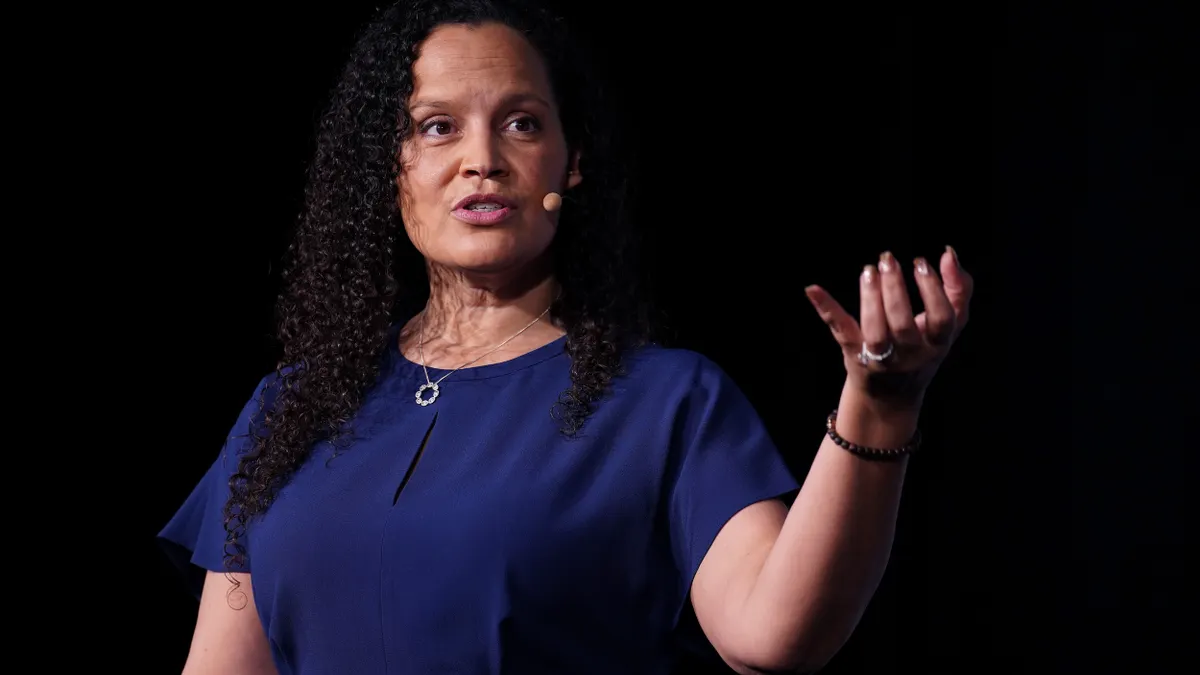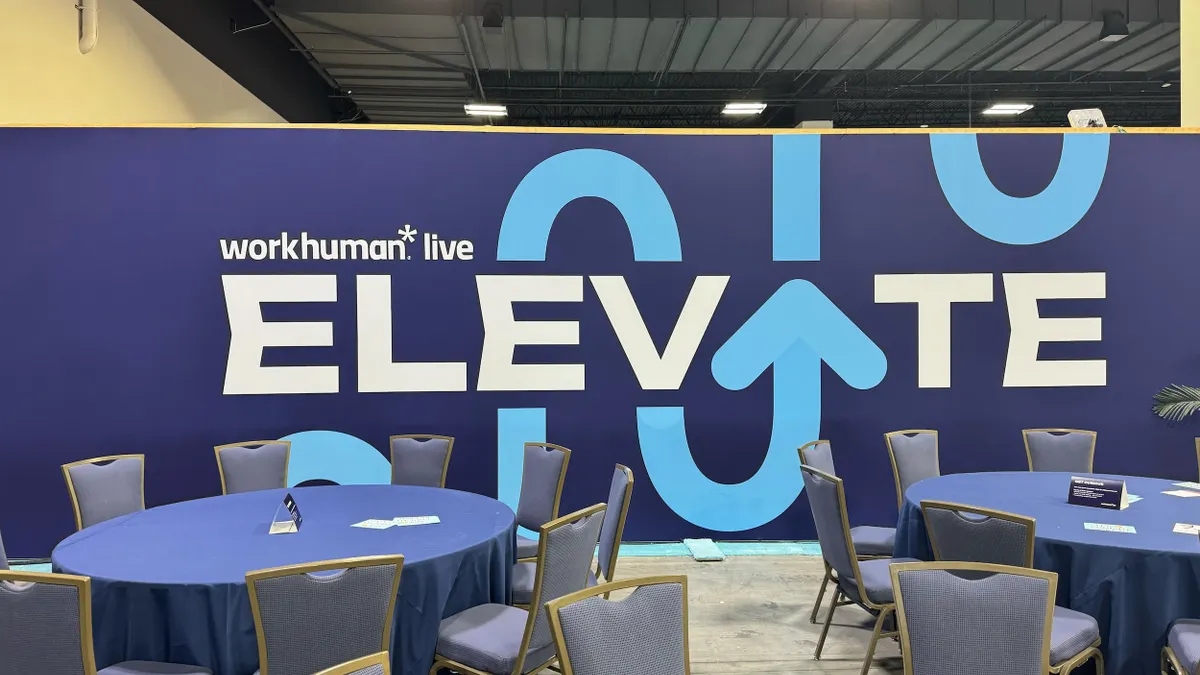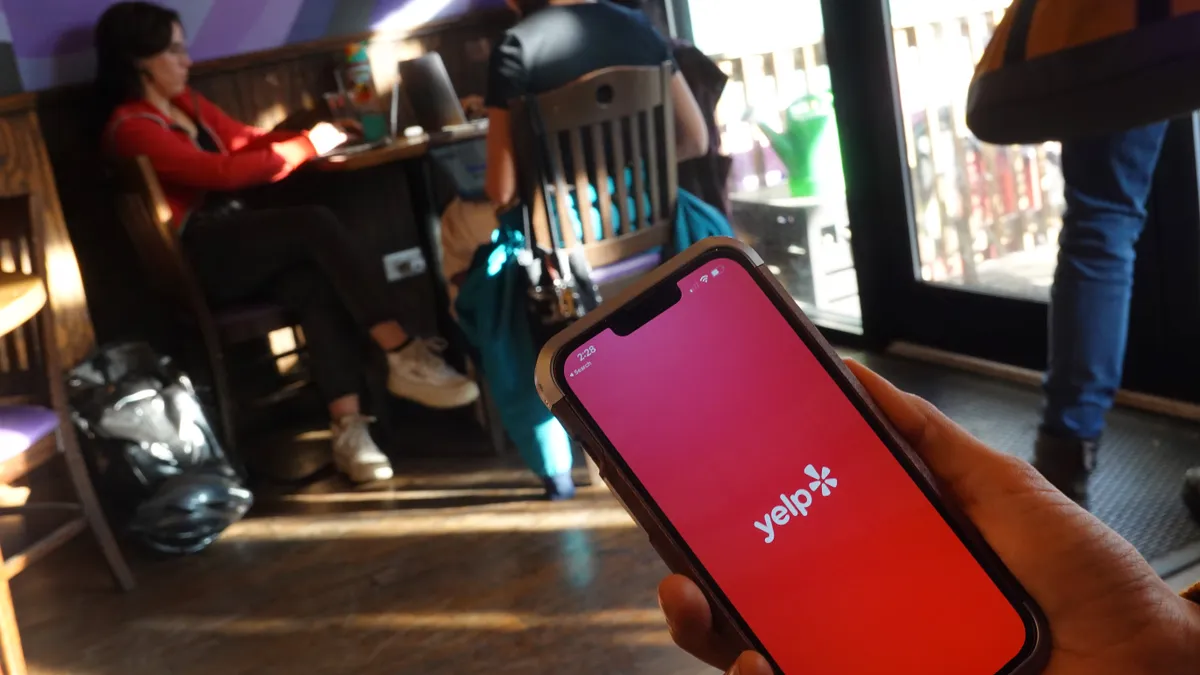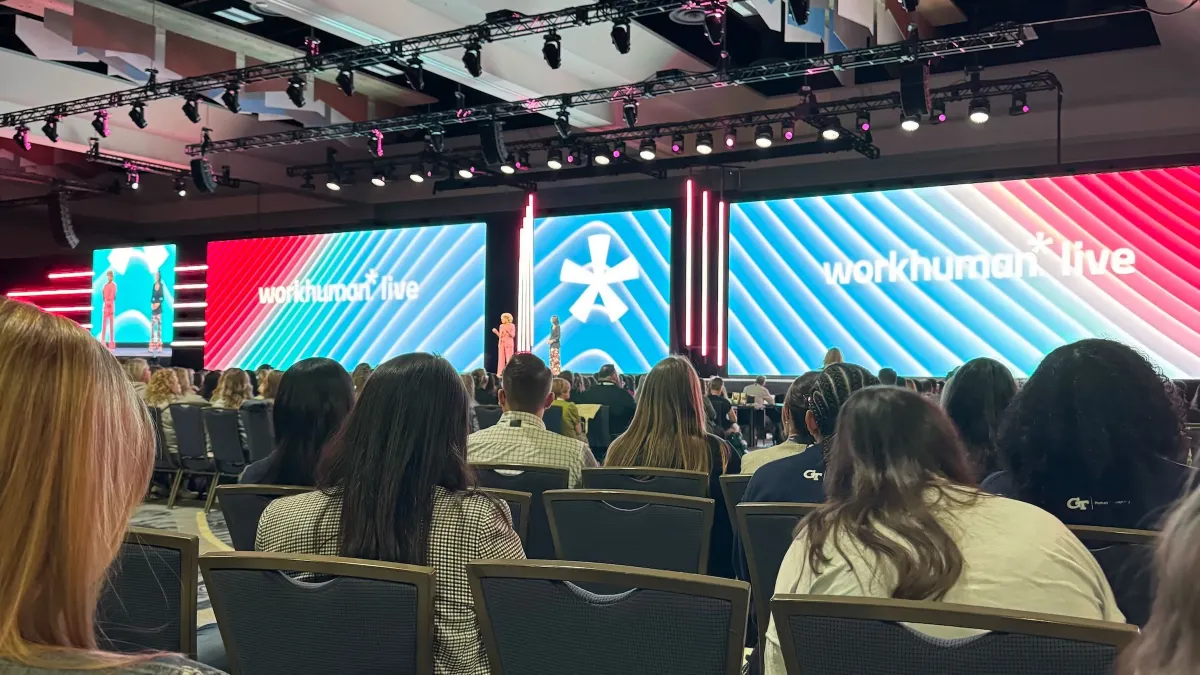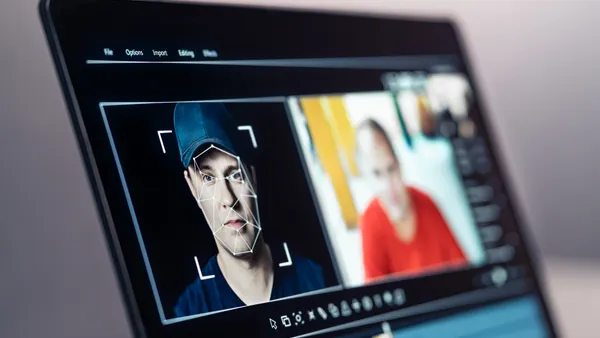AURORA, Colo. — “As you know, it’s the law now that all keynotes have to be about AI,” Eric Mosley, CEO and founder of Workhuman, joked in his opening address on Tuesday. The quip set the tone for the event, where even non-AI sessions touched on the technology’s promise to shape the future of the workplace.
Following Mosley’s address, organizational psychologist Adam Grant delivered his own keynote and sat for an interview afterward, which also veered into the topic of AI. Grant said in some ways the AI transformation is unfolding in the opposite way of early digital transformation. At that time, a number of organizations put themselves out of business by failing to adapt to the internet, despite the roadmap being fairly straightforward; in contrast, companies are now falling over themselves to adapt to AI, but the roadmap is anything but clear.
“As HR leaders, I think the best thing you can do is you can make a range of tools available to people and then encourage them to learn, experiment with them and share the results,” Grant suggested.
On Wednesday, Workhuman Chief Human Experience Officer KeyAnna Schmiedl made a guest appearance during a live taping of the HR Besties podcast, which focused on maintaining the human element during the age of AI transformation.
Echoing Grant on the importance of experimentation, Schmiedl shared a story of a particular successful AI integration that arose out of a company hackathon. The idea came from the call center, where employees noted the high stress of their roles due to managing customer dissatisfaction all day. Having to put people on hold to access their information tended to ramp up existing frustration even more.
The engineers and designers took the problem and developed an AI tool that creates a summary as soon as the customer’s phone number is recognized, providing customer information, history and potential order numbers.
“To me, that whole solution coming from them meant that they could do the thing that they do best, which is being that empathetic human on the phone, as opposed to them being reduced to the robot,” Schmiedl said.
An original AI developer weighs in
Shortly after that session on Wednesday, Noelle Russell provided a notable takeaway on AI integration in the workplace.
Russell, who worked on the original Amazon team that developed Alexa and founded the AI Leadership Institute, is an AI optimist. It provides the tools to “bring back the backlog,” she said, or focus on the things that have never been addressed because they were difficult or expensive, or because there weren’t enough resources.
Even layoffs — the elephant in the room — don’t necessarily need to be inevitable, Russell said. A recent project she’s been working on, “intelligent failure discovery,” helps employers better understand workers based on their habits, the training they opt into, the extracurricular things they express an interest in and the learning paths they pursue. The tech enables employers to identify workers in less successful departments and roles and “find a way to make you valuable to this company before [they] have to lay you off.”
Perhaps the most startling vision Russell painted was a future where people manage not only people but also machine “agents,” and the agents work together in a “swarm.” This is already coming to fruition in some companies, she said, where AI agents have email addresses, participate in meetings and behave in certain other ways like human workers.
“I used to believe AI was just a tool,” she said. “To be completely candid with you, it’s way more than a tool.”
Alluding to the transformational potential of AI, Russell referenced the Voltaire quote — “With great power comes great responsibility” — and likened the technology to a baby tiger.
“This is how AI models start in an organization,” she said. “They’re cute. They’re fluffy. But no one is asking the right questions, especially in the technology organizations.”
No one is asking, “Hey, baby tiger, look at those paws. How big are you going to be? Those razor sharp teeth at birth — what do you eat? How much do you eat? Where are you going to live? What happens when I don’t want you anymore?”
That’s where HR usually comes in, Russell said. She noted the increasing cooperation between technology and HR teams, and the need for that to continue into the future. HR should be asking the AI equivalent of baby-tiger questions: “How helpful can you be? How harmful can you be? How dishonest can you be?”
“Baby tigers become big tigers, and big tigers kill people,” Russell said. “We don’t want that.”



